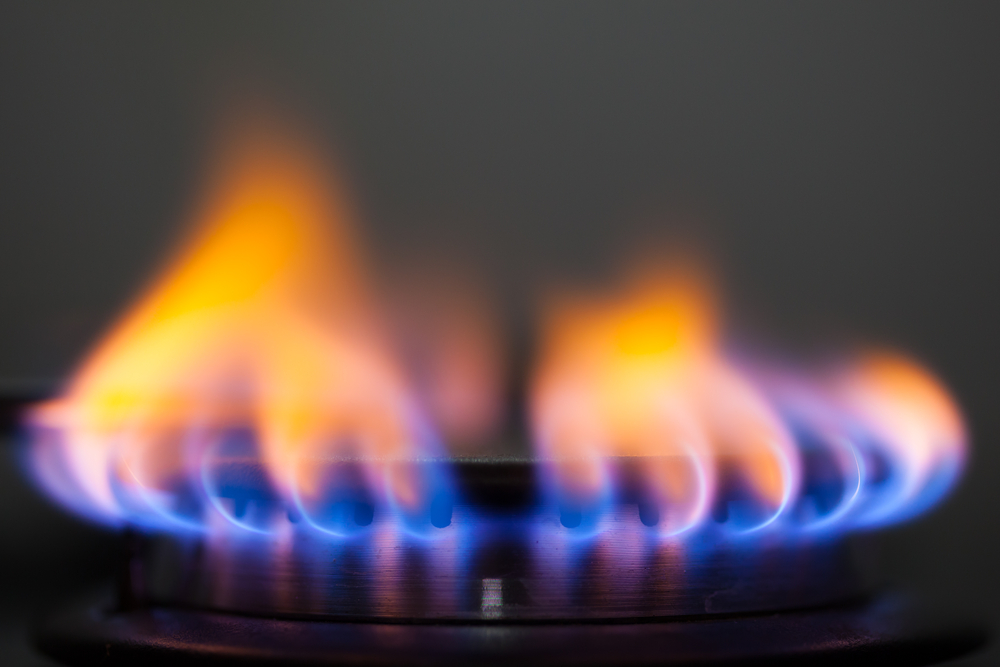Household Bills
93% of energy deals cheaper than the Government’s price cap

Eleven million households could face a significant hike in their energy bills when the Government’s energy price cap comes into effect later this year.
Auto-switch service weflip analysis of 318 energy tariffs found that 297 (93%) are cheaper than the Government’s cap in April. 193 deals could save households £100, with a further 32 that are £250 a year cheaper. The top 10 best tariffs could save households up to £338.
The energy price cap came into force on 1st January 2019, industry regulator Ofgem has now confirmed that the level of the cap will rise from an average of £1,137 a year today to £1,254 following the first review in April.
Big six energy providers (British Gas, EDF, Eon, Npower, Scottish Power and SSE) were quick to confirm that they would raise their standard variable tariffs to the level of the cap. If they don’t switch, 11 million households could see their energy bills increase by around £117 (10%) from 1st April. The big six remain among the most expensive standard variable tariffs, said weflip – of the 67 providers analysed, only two were more expensive.
Sally Jaques, head of energy at weflip, said, “Time is running out for millions of households to avoid the biggest energy price rise in recent history. 11 million homes will be paying 10% more for their gas and electric overnight from the end of the month, but it is avoidable. Our research shows that there are hundreds of better deals out there, but people need to act now and take control of their energy costs.
“When Ofgem introduced the price cap in January it was intended to limit the amount suppliers could charge per unit of energy for their standard variable default tariffs. Initially, households on an SVT would have made a small saving as the cap reduced the typical tariff by £76 a year. But that lasted just a matter of weeks as the first review, announced in February, resulted in a £117 price rise from April which is likely to wipe out any saving from the cap for households in 2019.
Jaques believes the price rise could also hit public confidence in the cap, saying it appeared to empower the big energy companies to raise prices for customers on standard tariffs.